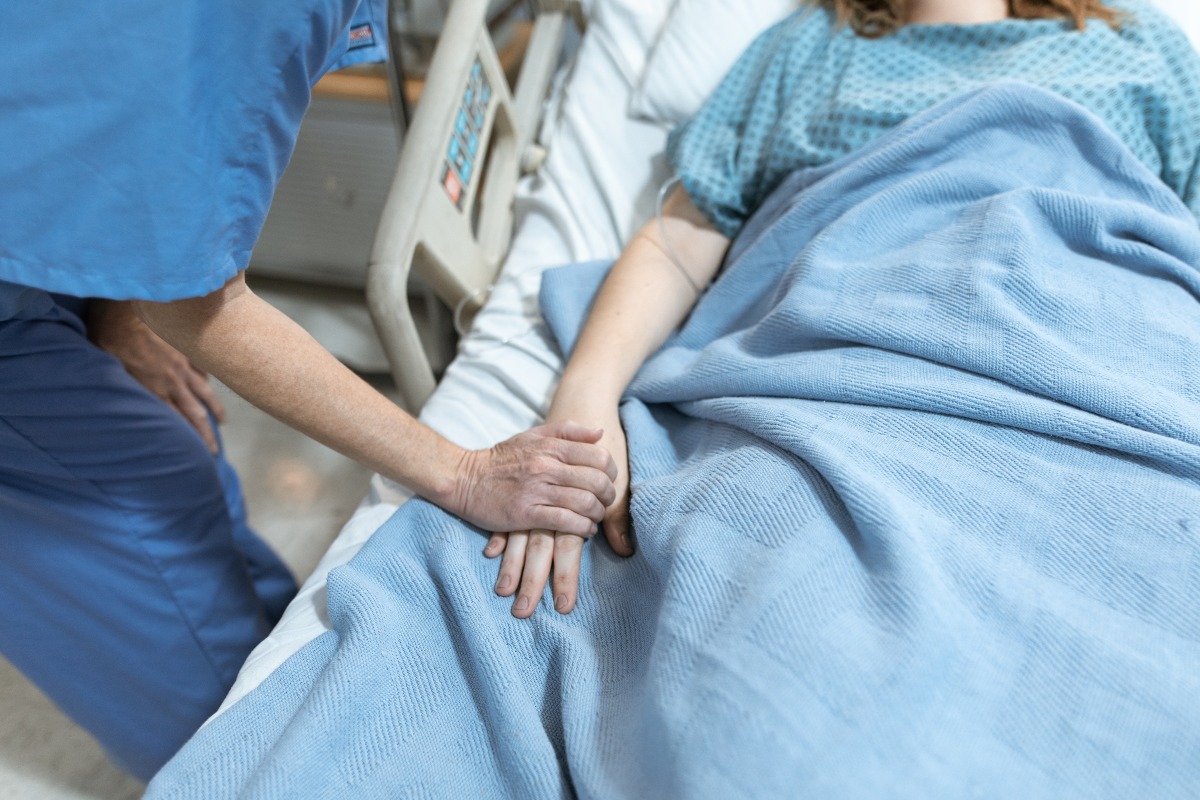
Substance abuse is a problem that affects many people. It can lead to an array of physical and mental health issues and can be difficult to overcome. For some, medical detox is necessary for successful recovery.
Medical detox is a process of gradually reducing an individual’s substance use under the care of a medical team. It is a critical step in the recovery process as it helps to reduce the risks of withdrawal symptoms, which can be dangerous without medical supervision. Understanding when medical detox is necessary can help individuals get the support they need to make a full recovery and can be an important part of the journey toward sobriety.
What Is Medical Detox and When Do You Need It?
Medical detox is a process to help individuals safely stop their substance abuse. It is a controlled environment where medical staff can monitor the individual for any medical complications that may arise as a result of withdrawal.
Medical detox aids in a reduction of use to a level where an individual can safely withdraw from their substance of choice. This can be important for individuals whose substance use has led to severe health complications, as detoxing could aggravate their condition.
Medical detox is not a long-term treatment option. It is a critical step in the recovery process, reducing the risks of withdrawal symptoms, which can be dangerous without medical supervision.
Withdrawal Symptoms
Medical detox is recommended for individuals who have been using substances for an extended period of time and have developed substance use disorder (SUD). It is also recommended for individuals who have developed SUD after using a substance for a short period of time. If an individual has SUD, their bodies have developed a dependence on their substance of choice.
Common withdrawal symptoms include nausea, vomiting, insomnia, headaches, cravings, and irritability. For some individuals, these symptoms may be mild and only last a few days. Others’ withdrawal symptoms can be more intense and last several weeks.
For substances such as alcohol and benzodiazepines, withdrawal symptoms can be potentially life-threatening. Individuals may experience seizures, high blood pressure, or an irregular heartbeat during withdrawal. It can also be difficult to manage cravings for these substances.
Cravings can be an intense urge to use that can be difficult to manage on one’s own, especially during the first few days of recovery. When individuals detox from substances without medical supervision, they are risking these potentially deadly withdrawal symptoms and cravings.
Benefits of Medical Detox
Medical detox can reduce the risk of potentially life-threatening withdrawal symptoms and cravings. It can make the recovery process significantly safer and reduce the risk of relapse. Individuals who go through a medical detox are in a controlled environment, which can prevent them from relapsing. It allows for transition into treatment and can make the recovery process significantly easier, safer, and more likely to be permanent.
Medical detox is a critical step in the recovery process for individuals whose substance use disorder (SUD) has led to severe medical complications. It can reduce the risk of potentially dangerous withdrawal symptoms and cravings, making the recovery process safer. Medical detox can also aid in the transition into treatment. The Guest House can offer the support of medical detox, treatment, and an alumni program that will guide you on the path of recovery. Call (855) 483-7800 for more information.